Amnesty translated from Greek - "forgiveness, oblivion." It is applied by the approval of public authorities in relation to persons who committed a crime. The essence of the amnesty is exemption from punishment (full or partial).
The concepts of “amnesty” and “pardon” are often confused, but they differ in that the amnesty is not aimed at individual pardoned persons, but at a whole category of criminals on certain grounds, for example, women, minors, sentenced to short sentences, and so on.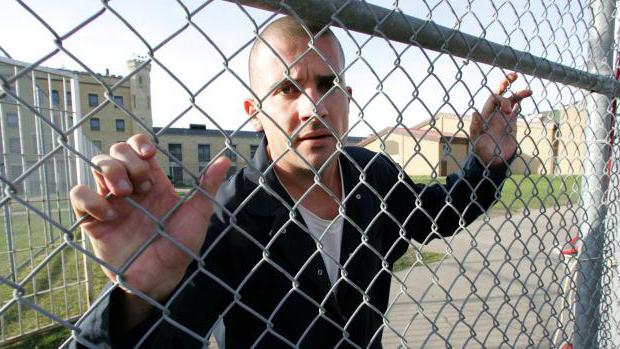
Amnesty is usually applied for reasons of humanism, but it is also of practical importance, for example, it serves to reduce the number of people in such institutions or helps to achieve certain political goals. In many countries (including Russia) amnesty is announced, for example, on national holidays.
Amnesty classification
In Russia, amnesty is divided into two groups:
- criminal law;
- political.
In the first case, the punishment is mitigated for persons united on certain grounds, for example, serving sentences for crimes of minor gravity, single mothers, juvenile delinquents.
As for the political, this implies the refusal of the state to prosecute those responsible for crimes of a massive nature, where the role of each individual is not decisive, for example, military operations, armed rebellion and so on. An example from history: the act “On the declaration of amnesty in respect of persons who committed socially dangerous acts in the course of the anti-terrorist operation in the North Caucasus” of December 13, 1999.
In what cases can a pardon be granted? It is not always carried out.
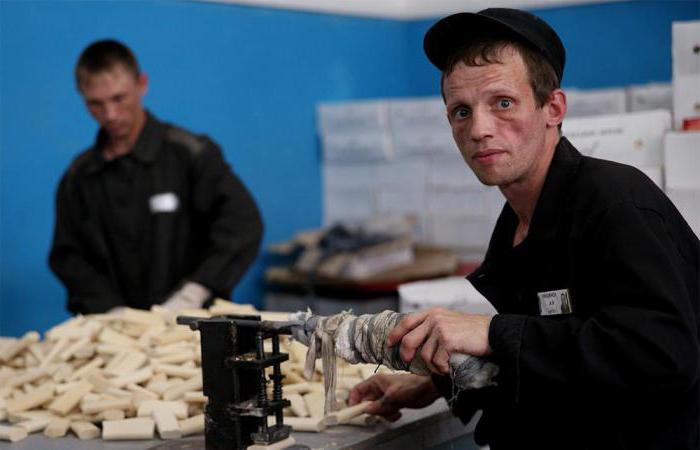
The essence of amnesty
According to the rules, an amnesty applies to both persons who have been prosecuted and convicted persons. Therefore, this act exempts from criminal liability and punishment or reduces it, and also replaces it with a milder one.
In the Russian Federation, the legal application of amnesties is regulated by the Constitution of the Russian Federation, which assigns the right to declare amnesty to the State Duma of the Russian Federation (clause "g" part 1 of article 103 of the Constitution of the Russian Federation), as well as the Criminal Code of the Russian Federation, which discloses the contents of this act (article 84 of the Criminal Code RF).
Amnesty announcement
It is important to understand that the concept under consideration is not in doubt in criminal acts or in the legality of the validity of the preliminary investigation acts issued by a court decision. Also, release is not considered rehabilitation of a person. The released person continues to treat justifiably convicted persons guilty of the commission of a crime. The act of amnesty is only a manifestation of mercy and humanism on the part of the state.
According to article 84 of the Criminal Code of the Russian Federation, an act is declared in relation to the circle of persons to whom the article is applicable, and not individually. Usually, such an act contains a description of categories of people according to a certain attribute. The list of persons may be reduced if there are categories that are not subject to amnesty, for example, those convicted of grave and especially grave crimes, malicious violators of the order of serving a sentence, repeat offenders, etc.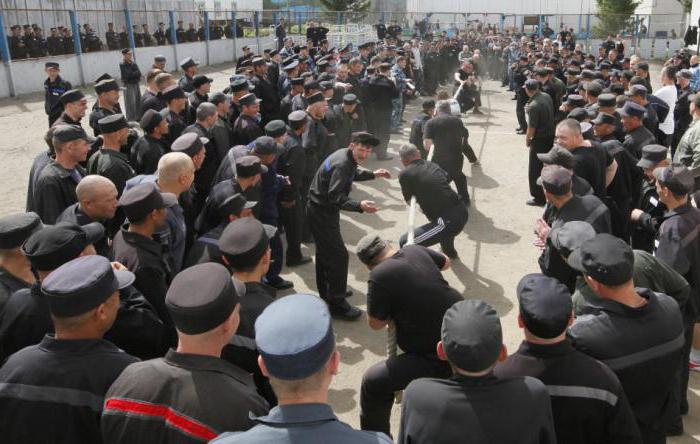
Application cases
The applicability of amnesty applies in the following situations:
- persons who have committed crimes are exempted from criminal liability;
- convicted persons are released from punishment or from further serving a term;
- reduced sentence;
- the assigned punishment is replaced by a milder one;
- persons are exempted from additional punishment;
- conviction is removed.
Sometimes such an act involves the application of all of the above measures, or only part of them. Moreover, the release of certain categories of persons from administrative responsibility may be provided. It is implemented through law enforcement and penal authorities.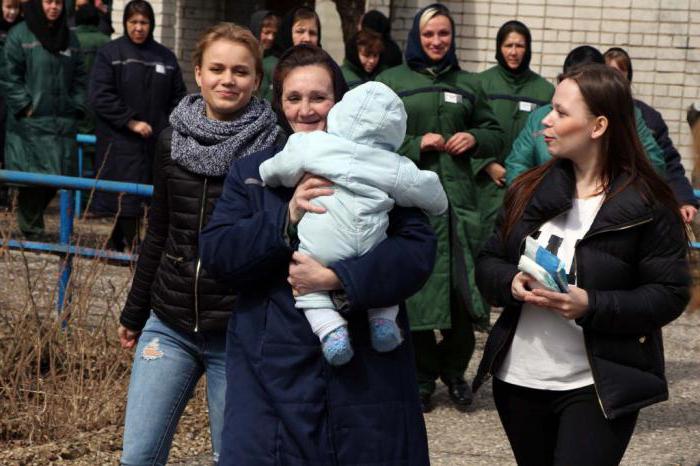
Pardon
A pardon is a decision of the supreme authority (head of state) to fully or partially release a convicted person from an appointed or, possibly, subsequently imposed sentence, to replace a court decision with a milder sentence. The process of pardon is always individual. This means that the decision is made in relation to a specific person or several specific persons.
The basic law of the state stipulates that every convicted person has the right to ask for pardon or commutation of punishment. For this, it is necessary to apply to the head of state through the administration of the correctional institution or through the executive system.
As mentioned earlier in the context of the concept of pardon, to implement it (in other words, spare the person who has been convicted of a crime) is within the competence of the head of state, as described in the Criminal Code and the Constitution. Approval by the state can significantly improve the position of a citizen by mitigating the punishment imposed. To do this, either the convict himself or his defense counsel, relatives, the administration of the institution where the person is serving a term, or the executive inspectorate makes a request, provided that the convicted person has been released, but has an unexpunged criminal record.
In what cases is applied?
The implementation of a pardon (according to the Constitution of the Russian Federation) may come down to certain categories of persons, namely:
- A person convicted by the authorities of the Russian Federation and serving a term in Russia.
- A person who was sentenced to punishment by a court of a foreign state, but he is serving a term in Russia (if such a rule is specified in an international treaty).
- Categories of persons who have served their term and have an unexpunged criminal record for the crime committed.
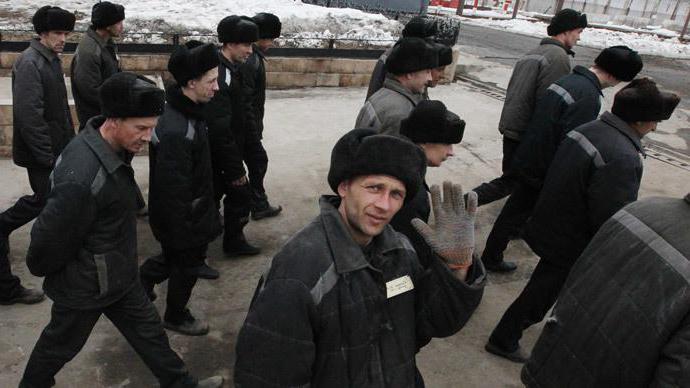
A petition for clemency is addressed to the president. After that, a positive decision can be made with respect to a specific person or negative if the convicted person does not meet the conditions that are necessary to mitigate or completely release him from punishment.
What do you need to keep in mind when applying?
In the process, it is important to consider the following criteria:
- the degree of crime, its severity and nature;
- the convict’s behavior during the period of serving the sentence, namely: whether he worked well, whether he participated in the creative activity of the correctional institution, or committed illegal actions;
- the time spent by the prisoner in the correctional colony (this is important, since for people who have not served half of the appointed time, the process of pardon is not applied);
- whether any atrocities were committed in the process of serving the sentence (applies only to the suspended sentence);
- whether there was early release, whether an act of amnesty or pardon had previously been applied to this convict;
- compensation for damage caused by the crime;
- all personal data of the convicted person are taken into account, such as age, number of convictions, family, children and so on.
All of this information is collected so that the president can make the right, informed decision regarding the person who is applying. Consideration of such issues is subject only to the head of state.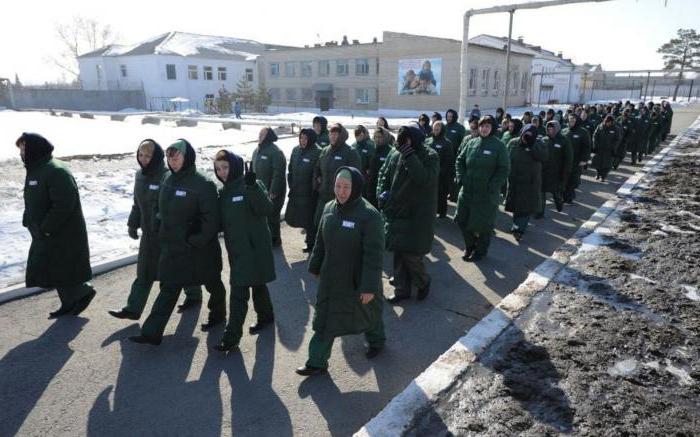
According to law
To ask for a leniency or to request a pardon, in accordance with the Constitution of the Russian Federation, Art. 50, everyone has the right.
According to Article 50 of the Constitution of the Russian Federation, every person who has been convicted has the right to petition for pardon or request a change of sentence more lenient. This norm confirms that the rights and freedoms of citizens in a state of law are the highest value. But not every prisoner can count on this if he does not meet the necessary criteria.
What or who pardons?
All actions take place on the basis of Article 89 of the Constitution of the Russian Federation and the provisions of the Criminal Code. An act of mercy on the part of the state can change the situation of a convicted person for the better: mitigate a sentence, reduce its term or remove a criminal record. Therefore, the prescribed standards determine according to what criteria and to which person such an action can be applied.
As mentioned earlier, the exercise of pardon is the responsibility of the president. Under the Constitution of the Russian Federation, he does not have the right to delegate these powers to other officials. However, this does not exclude the participation of other public authorities in the process.
Application process
For the implementation of a pardon, it is necessary to send a petition to the president of the country. For this, the guilty person submits a petition. This can be done by his lawyer either through the administration of the colony or through the executive inspection. After receiving the said application, the authorities send it to the Ministry of Justice (no later than twenty days after receipt). Over the next seven days, the application and other necessary documents that establish the identity of the convicted person are submitted to the commission, which deals with pardon issues. After that, all documents on the guilty person with an opinion are sent to the governor of the subject (term - no more than thirty days). The last stage is the transfer to the head of state of all documents with the presentation of the possibility of pardon in relation to the offender in a period of not more than fifteen days. This is exactly what the petition process in the Russian Federation looks like.
In case of failure
The powers of the head of state include not only approval of a pardon in the Russian Federation, but also his refusal. Who informs the guilty that he was denied the request? In the event that the application is rejected by the president of the country, the governor sends a written reply to the convict. After receiving an answer, there is a moratorium on filing another application. The moratorium is one year. After the expiration of this period, the prisoner has the right to repeat the attempt and re-submit the application.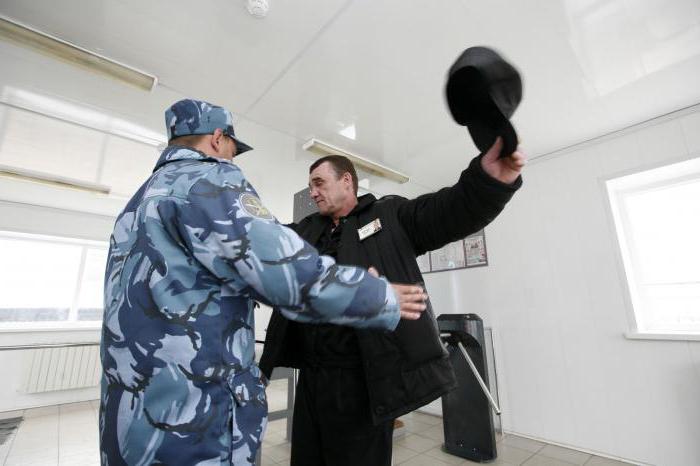
As for prisoners who are serving a life sentence, in their case the same procedure is applied for filing an application. Only the head of state can make a decision. However, there is some difference. In the case of a life sentence, an application can only be sent after serving 25 years in prison.
Amnesty and pardon: differences
The declaration of amnesty and the implementation of a pardon are two similar protocols under the Constitution of the Russian Federation. Both of these acts provide an opportunity for convicts to improve their fate by mitigating punishment or its complete abolition. However, these concepts have differ from each other. Amnesty is an act of mercy that applies to a whole category of convicted, prosecuted. An amnesty is issued by the State Duma in the form of a resolution. In addition, its implementation requires significant training of executive authorities (local justice), as this is often a fairly large-scale event.
The exercise of pardon is the responsibility of the president. This is an action aimed at a specific person who has filed a petition with higher authorities.